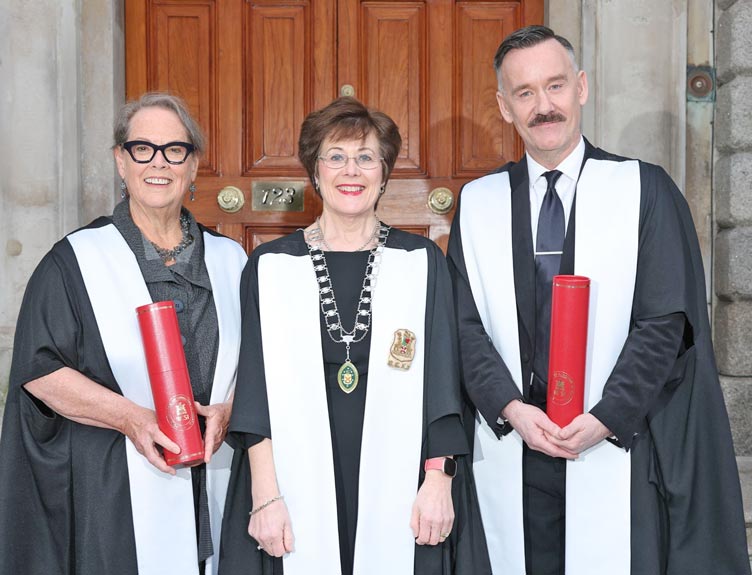RCSI secures Irish Aid funding to tackle climate-driven water insecurity in rural Guatemala

Researchers at RCSI University of Medicine and Health Sciences have been awarded €100,000 by Irish Aid under the Ireland-Central America Joint Research Initiative for a two-year project focused on the impact of climate change on water access and maternal health in rural Guatemala.
In many rural parts of Guatemala, women give birth at home or in small clinics where access to clean water is unreliable.
This lack of safe water can lead to dangerous complications during pregnancy and childbirth, including life-threatening infections. Climate change is compounding these challenges by damaging local water systems through drought, heavy rains and flooding, making clean water even harder to obtain.
The project brings together RCSI’s Institute of Global Surgery (RCSI School of Population Health) and Universidad Rafael Landívar to examine how water insecurity is affecting the health of mothers and newborns.
Through interviews with mothers, midwives, healthcare workers and local leaders, the research team will map how communities collect, treat and store water, and assess the challenges they face.
Water quality tests and reviews of hygiene practices in maternity clinics will also form part of the study, with the ultimate goal of identifying gaps and informing locally relevant, practical solutions.
Dr Chiara Pittalis, Research Fellow at the RCSI Institute of Global Surgery and Principal Investigator on the project, said: “Good health is impossible without clean water, yet climate change is making access even more difficult for rural communities. This is an issue that affects everyone across all boundaries. Even upper middle-income countries like Guatemala face challenges in ensuring mothers and babies have safe water. That’s why international collaboration and shared learning are so important in identifying risks and developing meaningful solutions.”
The findings will support policy and health system improvements in Guatemala and offer valuable insights for other countries facing similar challenges.
This work also reflects RCSI’s continued commitment to advancing global health equity and building sustainable research partnerships that address the most pressing healthcare issues.



